The Spanish Z
Here’s a little guide about how to pronounce the letter Z in Spanish
Two ways
In Spanish, the letter Z can be pronounced in two different ways, just like with the letter C. You can pronounce a Z like an S or like the TH in the English word “think”. You can choose whichever you prefer
zorro – “SOH-roh” or “THOH-roh” (fox)
azul – “ah-SUL” or “ah-THUL” (blue)
zapatos – “sah-PAH-tos” or “thah-PAH-tos” (shoes)
mezcla – “MES-klah” or “METH-klah” (mixture)
razón – “rah-SON” or “rah-THON” (reason)
quizás – “kee-SASS” or “kee-THASS” (maybe)
Who pronounces it like an S?
As I said, there are two ways to pronounce the letter Z in Spanish. You can pronounce it either like an S or like the TH in the English word “think”. You’ll hear both ways, but it depends whereabouts in the Spanish-speaking world you are as to which version you’ll hear.
Generally, in Spain, they pronounce the Z like a TH, whereas mostly, in Latin America, they pronounce it like an S.
That is a huge generalisation, though, and not something that should be taken as a rule. You’ll hear both S and TH in Spain, and both S and TH in Latin America.

Zorro: "sorro" or "thorro"?
Let's practise
Let’s practise pronouncing a few words in Spanish that contain the letter Z. Here are ten Spanish words – how would you pronounce them? The answers are below:
- zumo (juice)
- arroz (rice)
- zueco (clog)
- zanahoria (carrot)
- zona (zone)
- zapatería (shoe shop)
- actriz (actress)
- belleza (beauty)
- cereza (cherry)
- manzana (apple)
ANSWERS
- “SOO-moh” or “THOO-moh”
- “ah-ROSS” or “ah-ROTH”
- “SWEH-koh” or “THWEH-koh”
- “sah-nah-OH-ree-ah” or
“thah-nah-OH-ree-ah” - “SOH-nah” or “THOH-nah”
- “sah-pah-teh-REE-ah” or
“thah-pah-teh-REE-ah” - “ak-TREESS” or “ak-THREETH”
- “beh-YEH-sah” or “beh-YEH-thah”
- “seh-REH-sah” or “seh-REH-thah”
- “man-SAH-nah” or “man-THAH-nah”
In context
It’s always good to look at rules in context, because it helps to solidify them in your mind. So, let’s read through a few sentences of Harry Potter y la piedra filosofal (Harry Potter and the Philosopher’s Stone), and look at how to pronounce each word…
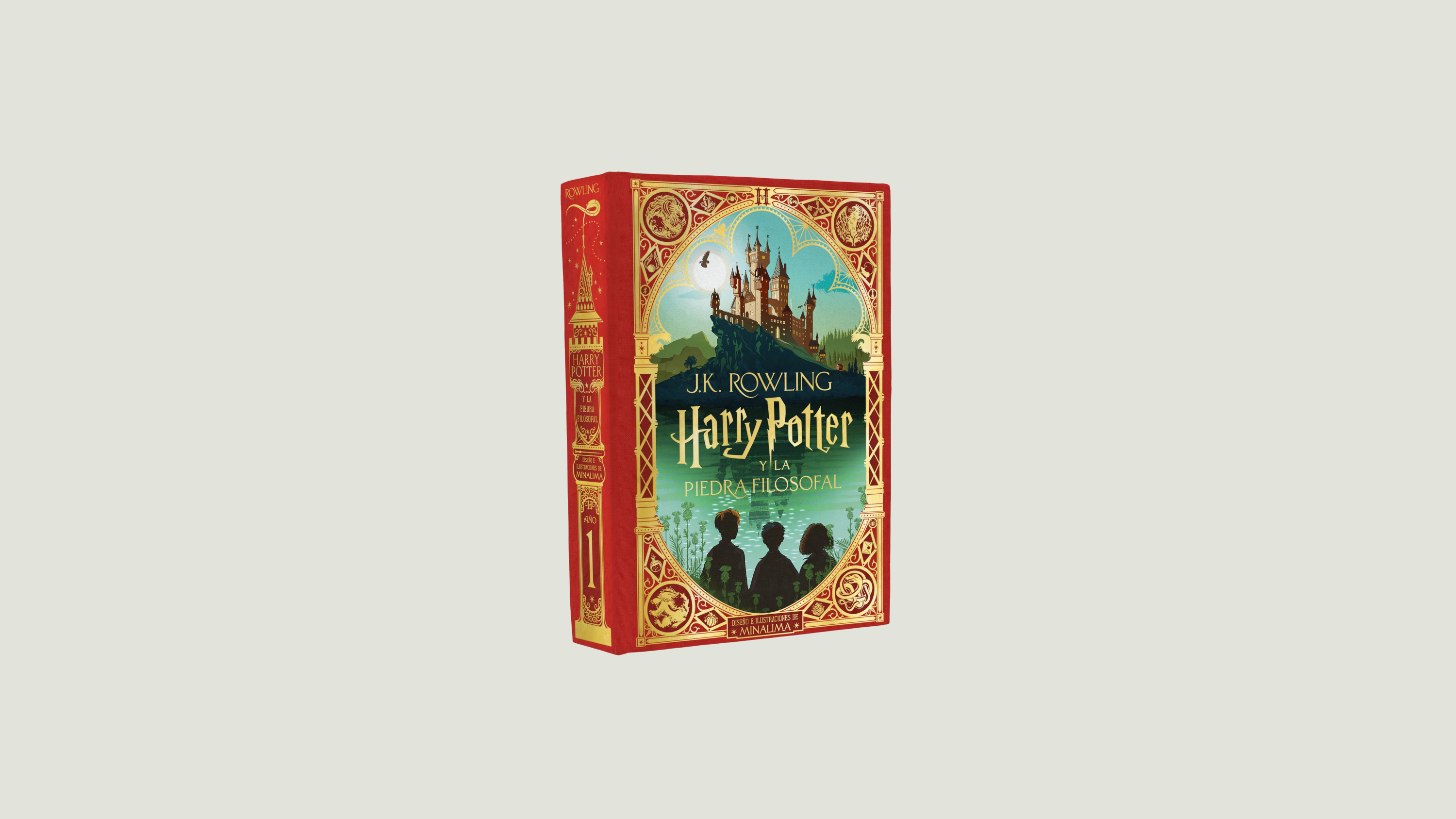
CAPÍTULO UNO: EL NIÑO QUE VIVIÓ
El señor y la señora Dursley, que vivían en el número cuatro de Privet Drive, estaban orgullosos de decir que eran muy normales, afortunadamente. Eran las últimas personas que se esperaría encontrar relacionadas con algo extraño o misterioso, porque no estaban para tales tonterías.
El señor Dursley era el director de una empresa llamada Grunnings, que fabricaba taladros. Era un hombre corpulento y rollizo, casi sin cuello, aunque con un bigote inmenso.
_________________________________
Let’s have a look at how to pronounce each word. Take into consideration the three rules
- SUN rule – if a word ends in an s, an n or a vowel, you stress the syllable before last
- If a word ends in any other letter, you stress the final syllable
- If a word has an accent on any vowel, that’s the part of the word you stress
el – EL
señor – se-ÑOR
y – Y
la – LA
señora – se-ÑOR-a
que – QUE
vivían – vi-VÍ-an
en – EN
número – NÚ-me-ro
cuatro – CUAT-ro
estaban – es-TA-ban
orgullosos – or-gu-LLO-sos
decir – de-CIR
eran – E-ran
muy – MUY
normales – nor-MA-les
afortunadamente – a-for-tu-na-da-MEN-te
las – LAS
últimas – ÚL-ti-mas
personas – per-SO-nas
se – SE
esperaría – es-pe-ra-RÍ-a
encontrar – en-con-TRAR
relacionadas – re-la-ci-o-NA-das
con – CON
algo – AL-go
extraño – ex-TRA-ño
o – O
misterioso – mis-te-ri-O-so
porque – POR-que
estaban – es-TA-ban
para – PA-ra
tales – TA-les
tonterías – ton-te-RÍ-as
era – E-ra
director – di-rec-TOR
una – U-na
empresa – em-PRE-sa
llamada – lla-MA-da
fabricaba – fa-bri-CA-da
taladros – ta-LA-dros
hombre – HOM-bre
corpulento – cor-pu-LEN-to
rollizo – ro-LLI-zo
casi – CA-si
sin – SIN
cuello – CUE-llo
aunque – a-UN-que
bigote – bi-GO-te
inmenso – in-MEN-so
Just in case you were wondering what those words meant, let’s do a quick translation of those original sentences into English.
CHAPTER ONE: THE BOY WHO LIVED
Mr and Mrs Dursley, who lived in number four Privet Drive, were proud to say that they were very normal, fortunately. They were the last people that you would expect to find connected with anything strange and mysterious, because they were not for such nonsense.
Mr Dursley was the manager of a company called Grunnings, which manufactured drills. He was a stout and stocky man, with almost no neck, though he had an immense moustache.
Get three courses in one bundle, and save money
-

Courses 1, 2 & 3
Get this bundle -
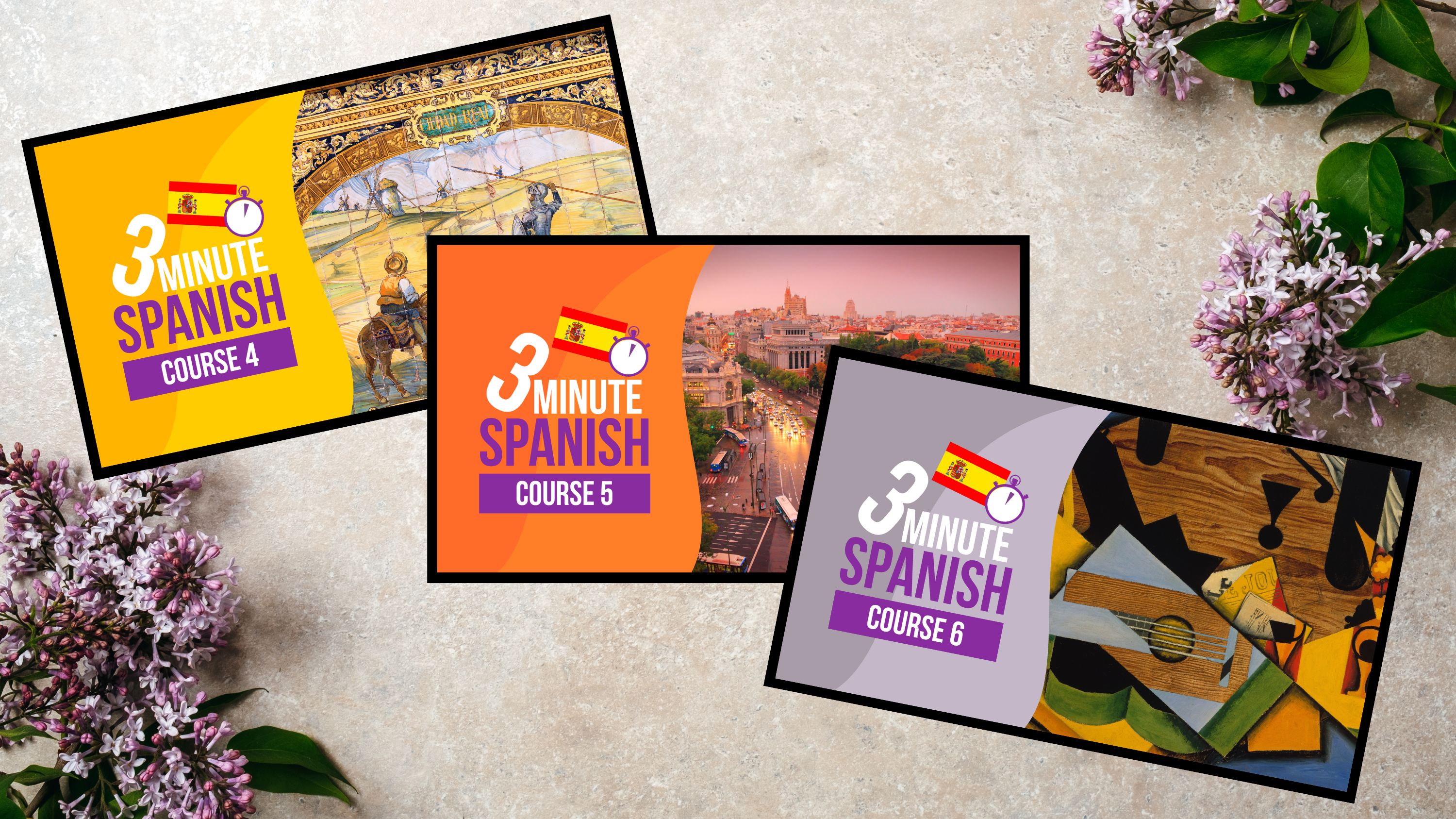
Courses 4, 5 & 6
Get this bundle -

Courses 7, 8 & 9
Get this bundle
Course 2, Building Structures and grammar courses
-
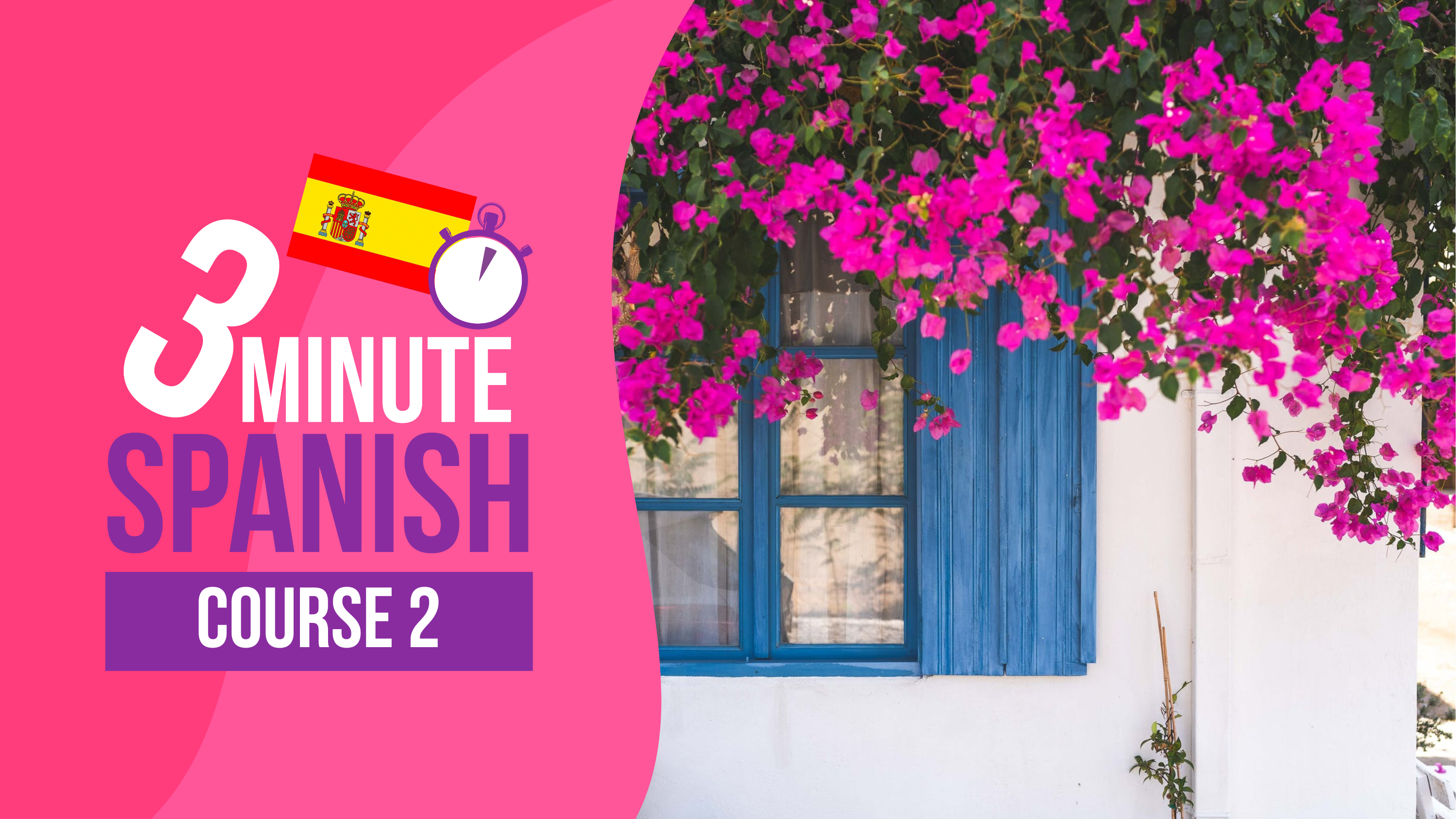
Course 2
Get this course -

Building Structures
Get this course -
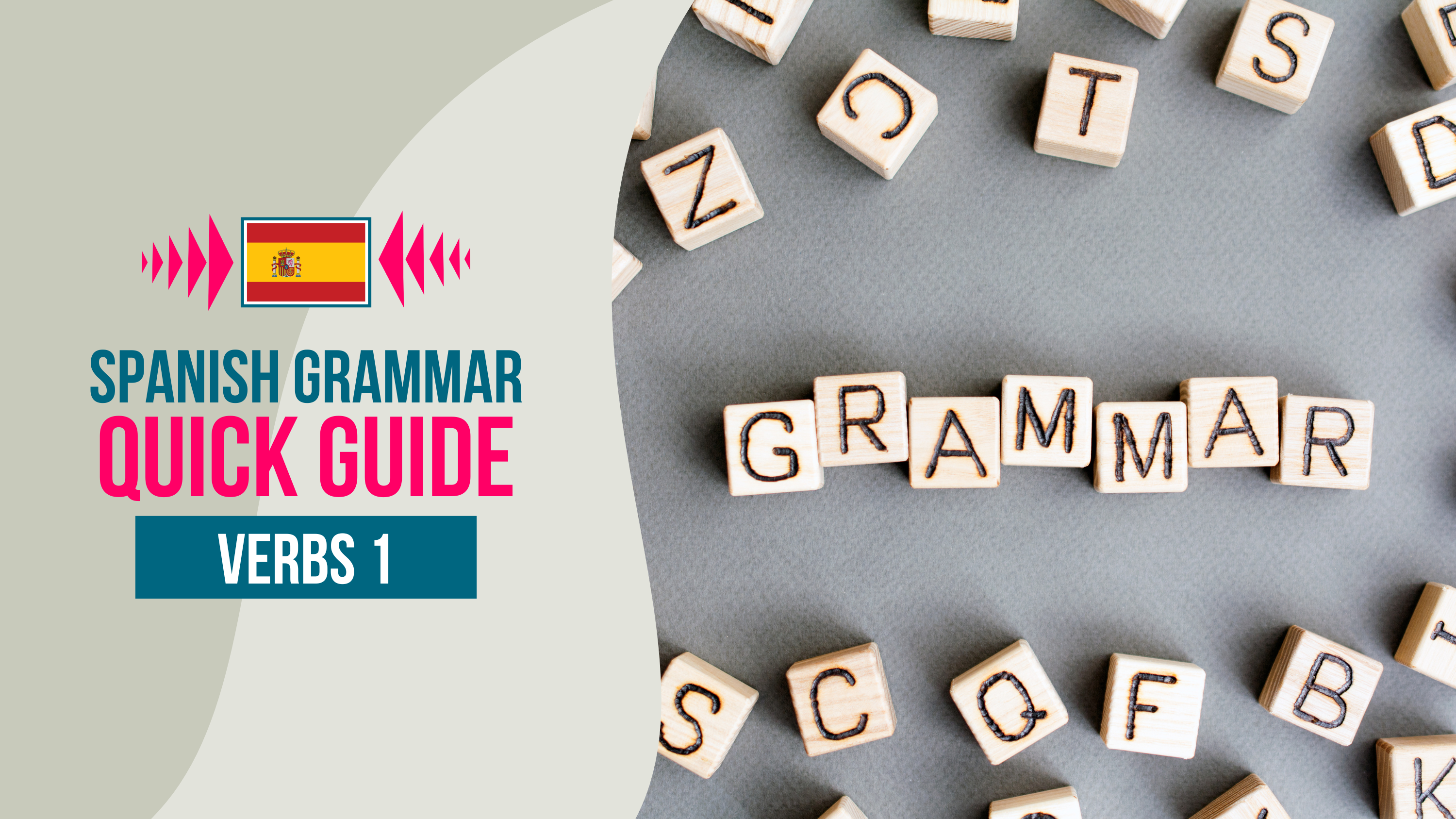
Quick Guide
Get this course
All my Spanish courses
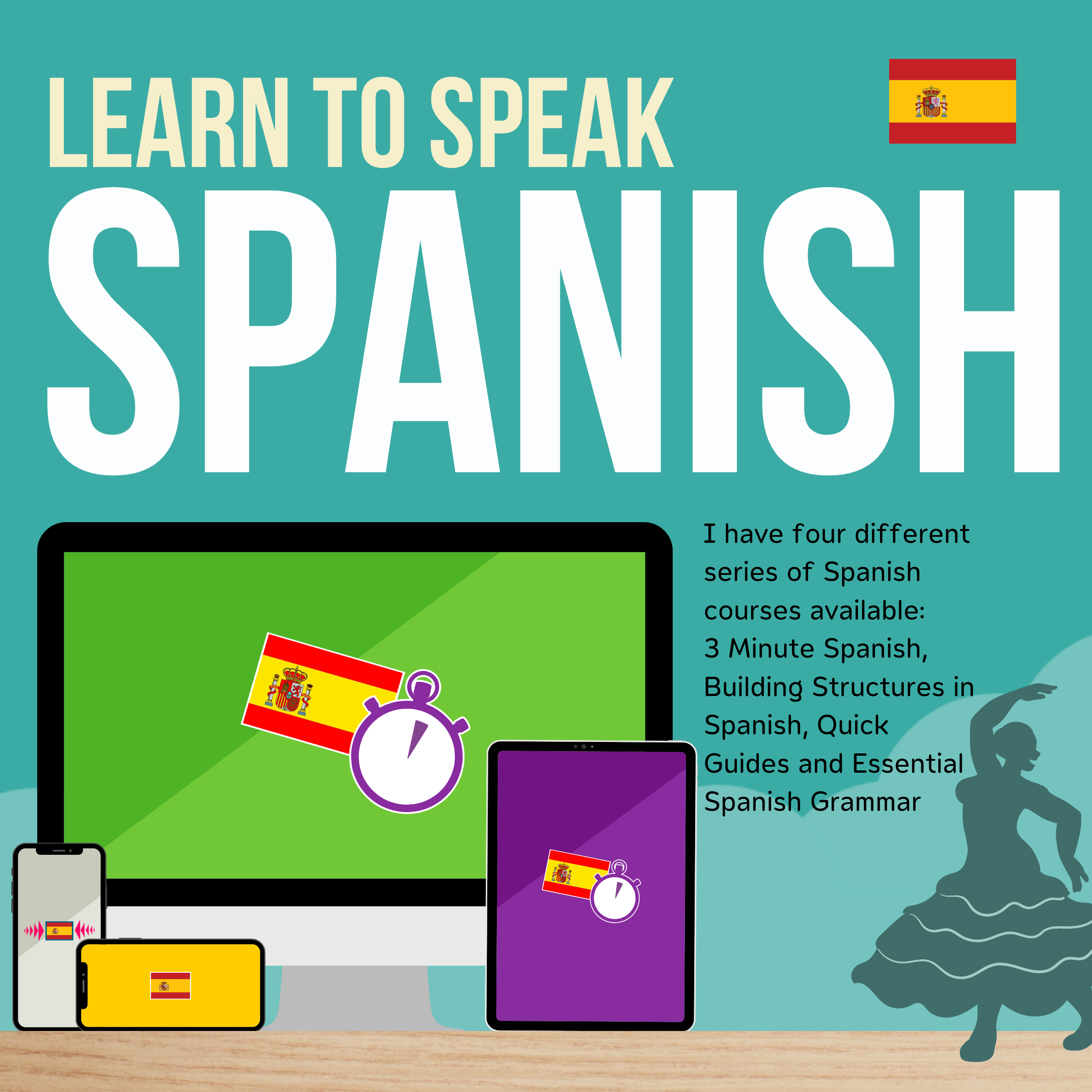
Building Structures in Spanish
Quick Guides
All my French courses

Building Structures in French
Quick Guides
French grammar
Essential French grammar - Future | Conditional | Imperfect
All my German courses

Building Structures in German
Quick Guides
German grammar
Essential French grammar - Future | Conditional | Imperfect
All my Italian courses

Building Structures in Italian
Quick Guides
Italian grammar
Essential French grammar - Future | Conditional | Imperfect
All my Portuguese courses

Building Structures in Portuguese
Quick Guides
Portuguese grammar
Essential French grammar - Future | Conditional | Imperfect
